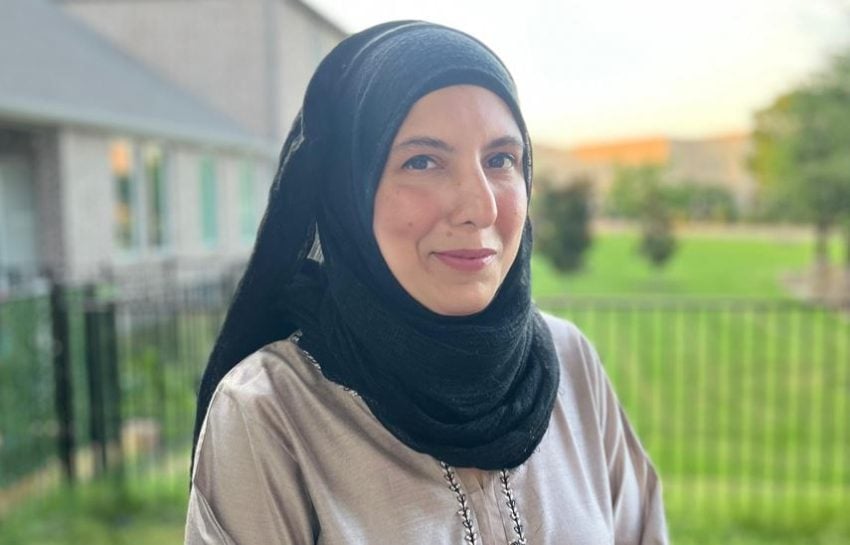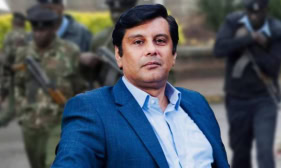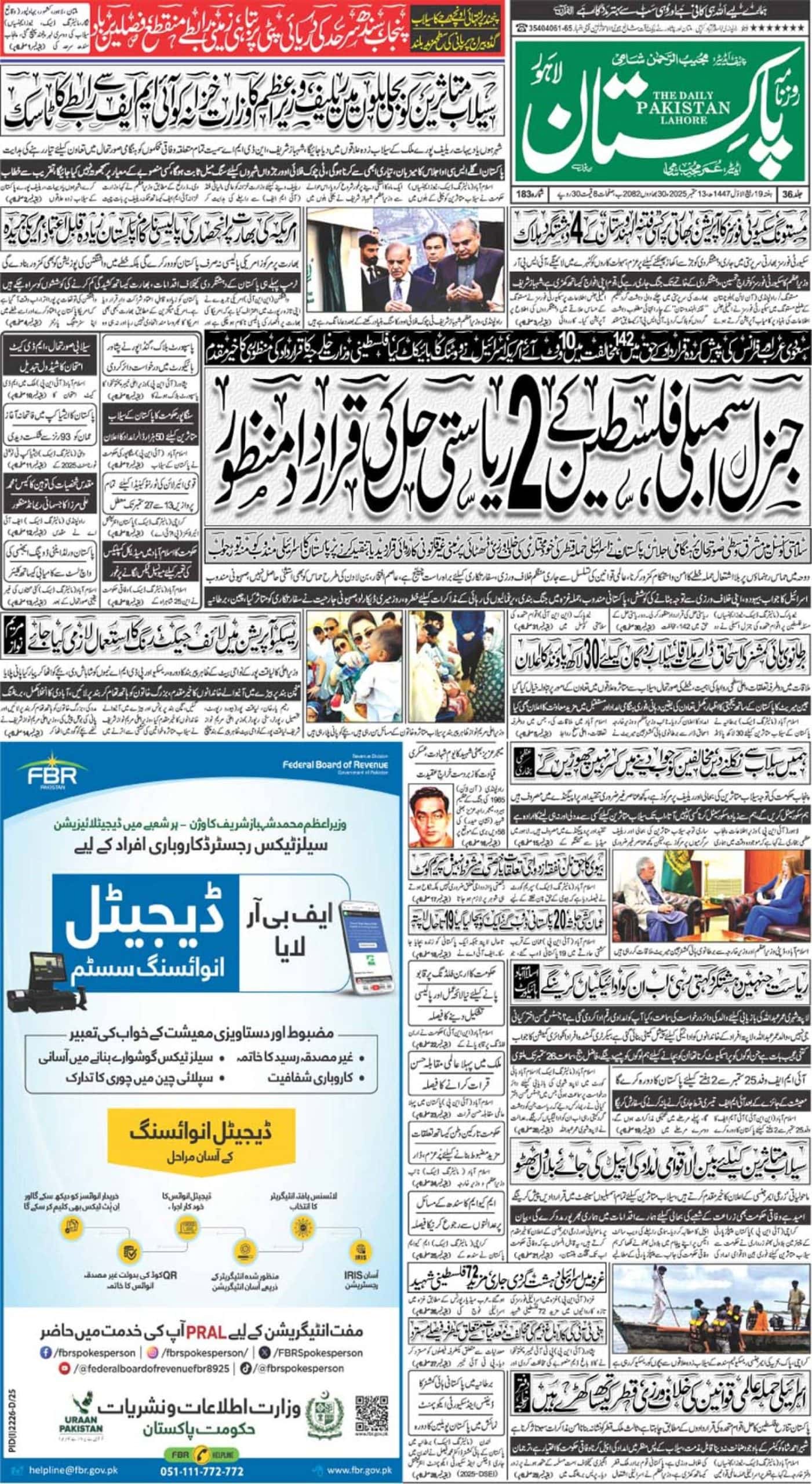Around the world, industries are undergoing a pivotal transformation—moving away from traditional, resource-heavy infrastructures toward sustainable, data-driven systems. In materials science, organic polycrystalline semiconductors have emerged as a promising alternative to conventional silicon, offering flexible, low-power solutions for critical technologies such as IoT devices, smart sensors, and renewable energy systems. The global organic electronics market—a category that includes organic semiconductors—is projected to surge from roughly USD 60 billion in 2023 to over USD 140 billion by 2028, reflecting a robust compound annual growth rate (CAGR) of nearly 19% (Source: MarketsandMarkets). Nations with strong innovation ecosystems—including the United States, Japan, Germany, and South Korea—are investing heavily in these next-generation materials to build more resilient and environmentally responsible supply chains.
This transition toward sustainability is mirrored in the operational domain. As global logistics networks grow more complex, organizations are turning to AI-powered systems to manage massive data flows, optimize resource use, and reduce environmental impact. The global AI in logistics market was valued at about USD 17–18 billion in 2023 and is projected to climb to nearly USD 700 billion by 2033, expanding at a staggering CAGR of approximately 44% (Source: Precedence Research). Similarly, the AI in supply chain market is forecasted to surpass USD 10 billion by 2025 and to grow to nearly USD 190 billion by 2033, at a CAGR of 39% (Source: Precedence Research). Whether in North America, the Middle East, or Europe, the convergence of advanced materials and AI-first operations is actively reshaping how businesses build, move, and deliver solutions.
Dr. Sidra Afzal Shaikh: Bridging Research and Real-World Impact
This global trend is exemplified by Dr. Sidra Afzal Shaikh, a Pakistani researcher and technology leader who has uniquely bridged both ends of this transformation. Born and raised in Karachi, Dr. Shaikh began her journey in Pakistan before pursuing a PhD in Electronic Engineering at the University of Liverpool, UK. Early in her career, she focused on the development of organic semiconductors and published data-driven studies on renewable energy in Pakistan and the UAE. Her work laid an early foundation for sustainable device architecture and systems-level thinking.
Today, Dr. Shaikh leads AI-powered logistics operations across international markets, applying the same analytical rigor to real-time decision systems that manage thousands of orders and optimize resource use with predictive intelligence. Working across the US, UK, UAE, and Pakistan, she continues to advocate for technology that is not only intelligent but sustainable, inclusive, and globally adaptable.
Pakistani Roots in Renewable Energy Research
Much of Dr. Shaikh’s early research was rooted in Pakistan. Her study “Solar and Wind Energy Potential of Lower Sindh for Power Generation” (2016) was one of the first attempts to provide detailed data for policymakers and energy experts exploring renewable adoption in the region. Earlier, she also co-authored “Solar Radiation Studies for Dubai and Sharjah” (2013), providing comparative insights across different geographies.
Reflecting on this period, Dr. Shaikh has said: “Growing up in Karachi, I was always aware of the untapped potential of sunlight around us. Later, during my academic career, I wanted to answer why Pakistan, with such abundant solar resources, wasn’t leading in clean energy adoption. That led me to conduct my study on Sindh, which I hoped would provide data for policymakers and researchers in Pakistan.”
Her paper on Dubai and Sharjah has since been cited in subsequent studies on energy modeling and regional solar potential, confirming its role as an original contribution to renewable energy research. These citations, though modest in number, demonstrate the value of her work as a reference point for researchers and practitioners working on clean energy adoption in South Asia and the Gulf.
Translating Research into AI-Driven Logistics
Drawing from her scientific background, Dr. Shaikh integrates analytical discipline into AI-powered logistics. While managing operations in Texas, she led the development of a Power BI dashboard integrated with Azure SQL to monitor real-time performance metrics including order flows, staffing requirements, and operational bottlenecks. During peak periods, this AI-enabled system managed over 1,000 orders in six hours (exceeding capacity by 20%) and reduced the error rate to just 0.2%. By applying predictive analytics to dynamically reallocate labor and preempt disruptions, she continues to demonstrate that the value of data lies not only in measurement but in its ability to enable scalable, intelligent systems.
Authoring an eBook for the Future of Sustainable Electronics
Her newly released book last year, Applied Organic Electronics: Polycrystalline Semiconductors for Modern Devices, reflects her commitment to bridging academic research with practical applications. Motivated by the global semiconductor shortage, Dr. Shaikh highlights how organic polycrystalline semiconductors can provide scalable, low-power alternatives for modern devices used in renewable energy, IoT, and AI-integrated sensors.
Asked about its relevance to Pakistan, she explained: “One of my goals was to make complex semiconductor research accessible for engineers and decision-makers in developing countries, including Pakistan. I believe this knowledge can support local innovation in renewable energy, IoT devices, and low-power technologies where Pakistan has growing potential.”
The book has already garnered interest from experts in the field, with early adoption of its insights informing ongoing research and product strategies in sustainable device development.
Recognized Memberships in Selective Associations
Beyond her corporate achievements, Dr. Shaikh has been invited into prestigious professional networks that bring together leaders with proven records of impact and innovation. She serves as an Advisor to the Al-Khawarizmi Institute of Computer Science (KICS) at the University of Engineering and Technology, Lahore, one of Pakistan’s leading research bodies dedicated to advancing AI, semiconductors, and inclusive technology adoption.
She is also a judge with IPP-US’s New Venture Contest (NVC), an initiative that has engaged many Pakistani startups and diaspora entrepreneurs by providing mentorship and seed funding. By early 2024, the contest had registered over 1,000 ideas, engaged 40+ judges and advisors, and distributed more than $250K in no-interest support.
Mentorship and Advisory Contributions
Complementing these affiliations, Dr. Shaikh plays an active role in mentorship and advisory capacities across diverse platforms. At ETL Online, she mentors founders and researchers—including Pakistani professionals—on integrating AI-first strategies into their ventures. She has advised industrial companies on data-driven operational models, guided startups on scaling with sustainable device architectures, and counseled PhD aspirants on aligning their research with real-world applications in AI and semiconductor-driven systems.
In these roles, she not only shares her expertise but also evaluates and shapes the work of others, ensuring that emerging innovators and researchers—particularly from Pakistan—pursue strategies grounded in both sustainability and global relevance.
As 2024 unfolds, Dr. Sidra Afzal Shaikh stands as an inspiring example of how Pakistani talent can shape global technology trends. From publishing renewable energy research rooted in Sindh to advising international supply chain networks, she represents the growing impact of Pakistan’s engineers and researchers on the world stage. Her journey is a reminder that with the right vision, Pakistan can not only keep pace with global innovation but help lead it.
















